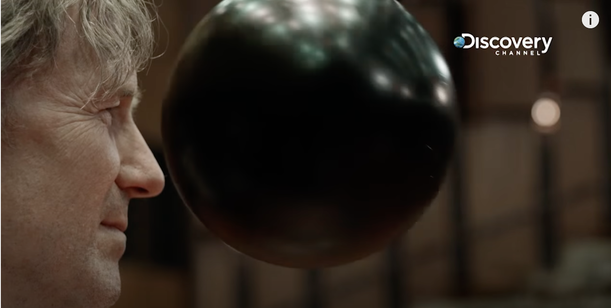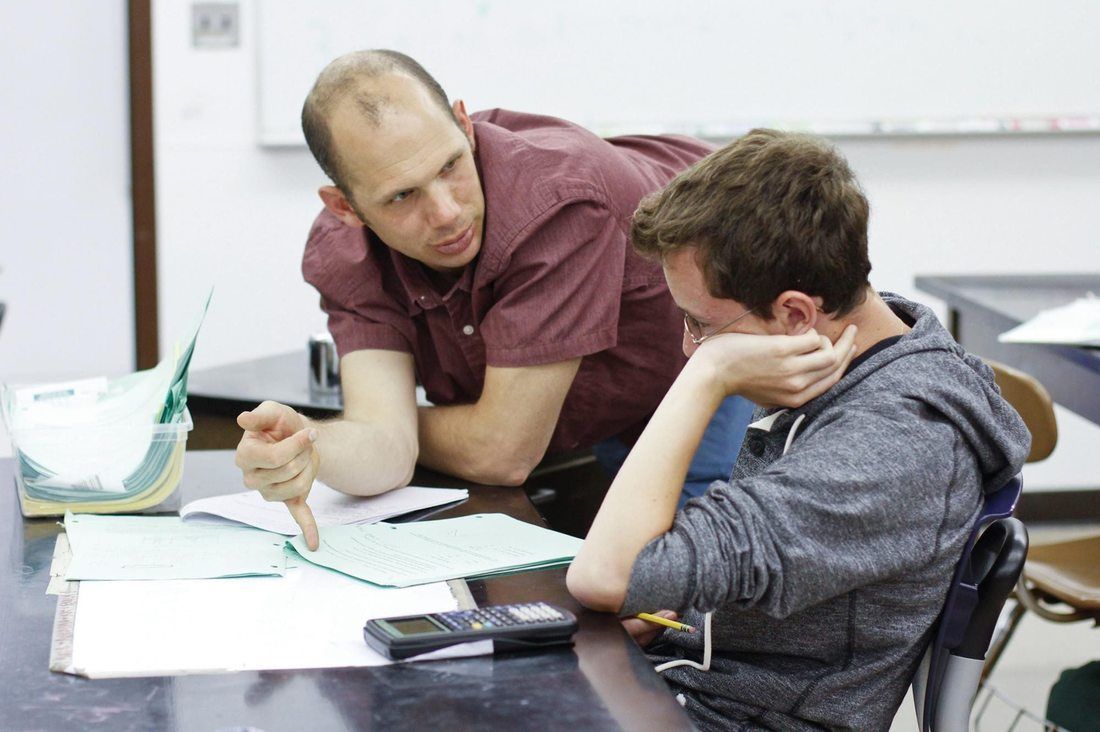|
|
|
I just finished the audiobook for the autobiography of the legendary Physics Professor Richard Feynman. A fabulous listen, I have always been inspired by Feynman's contagious curiosity and desire to learn all things with a seemingly vicious intensity. I find myself also drawn towards a similar, addictive need, to ask questions and search for answers to things that others might find meaningless or not directly relate to vocation. Or perhaps, I'm trying to justify my late night YouTube deep dives. Either way...Feynman's spirit speaks to me and listening to his life story added an unexpected sense direction to my own midlife contemplations. Through a lens of science instruction, I was endlessly inspired by the way Feynman's own personal sense of curiosity naturally mingled into his instructional pedagogy. That is, it was clear that he deeply values the question asking process and made it clear throughout the book that questions must precede any form of direct instruction or delivery of equations. My own passion for translating individual curiosity about the world into formal lesson plans was my motivation for this TED talk I delivered in 2013. This passion for "Delayed Direct Instruction" is intrinsic to the inquiry learning cycle and its efficacy in helping students develop conceptual models for understanding is outlined in the literature. Click here for example of the plethora of research articles that underscore the importance of questions BEFORE lecture. The first 30 seconds of this clip from The Challenger Disaster, a film about Feynman's role in uncovering the the true cause of the Space Shuttle Challenger disaster, clearly demonstrates Feynman's inability to separate conceptual understanding and curiosity from instructional pedagogy. I could watch this clip all day long! Perhaps the below quote sums up the purpose of this post and its relationship to Feynman best. I read the quote as Feynman challenging educators of today to find a way, despite the myriad forms of resistance, to figure out ways to spark student curiosity in search of authentic, conceptual understanding. I think, however, that there isn't any solution to this problem of education other than to realize that the best teaching can be done only when there is a direct individual relationship between a student and a good teacher - a situation in which the student discusses the ideas, thinks about the things, and talks about the things. It's impossible to learn very much by simply sitting in a lecture, or even by simply doing problems that are assigned. But in our modern times we have so many students to teach that we have to try to find some substitute for the ideal. - Richard Feynman |
Categories
All
Archives
March 2024
|


 RSS Feed
RSS Feed